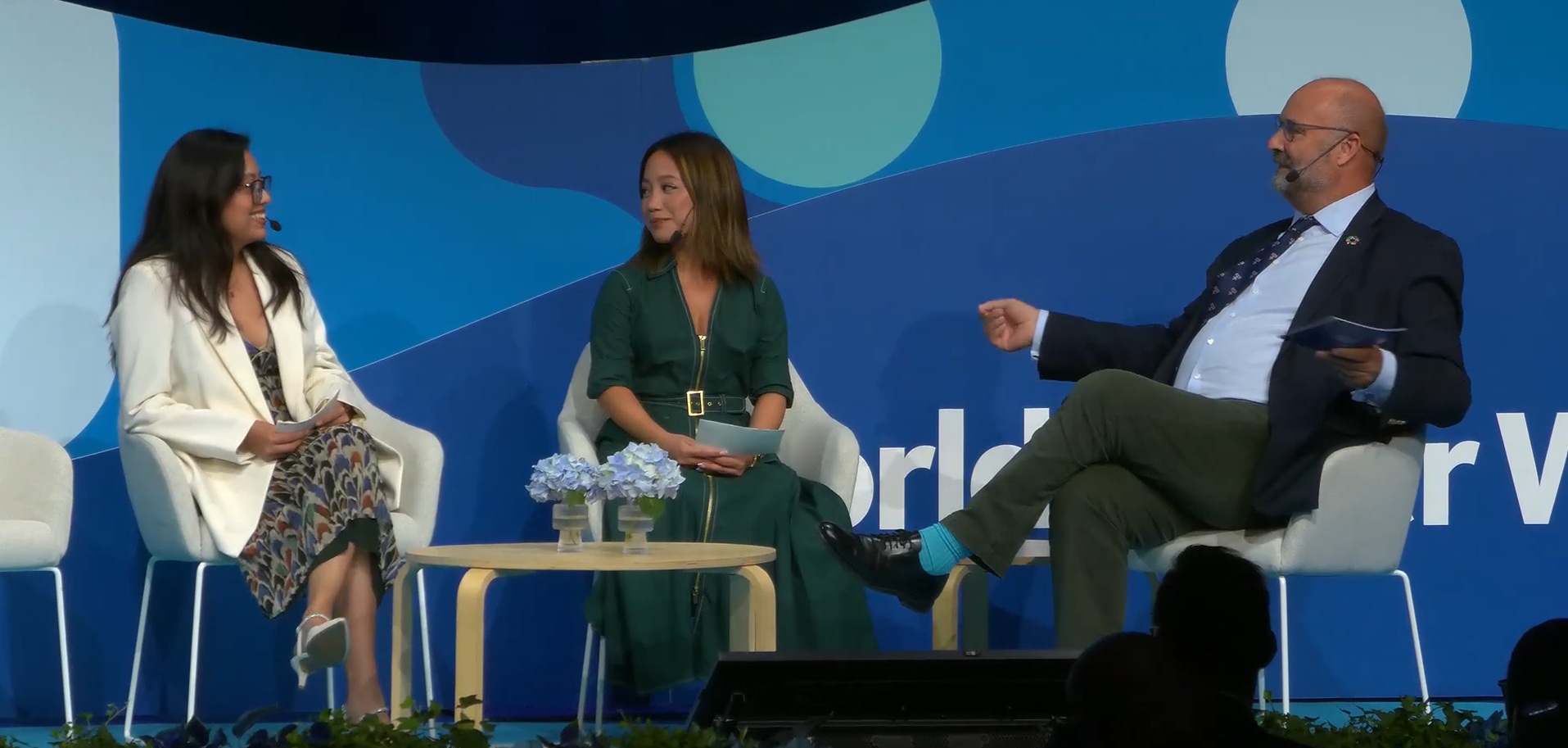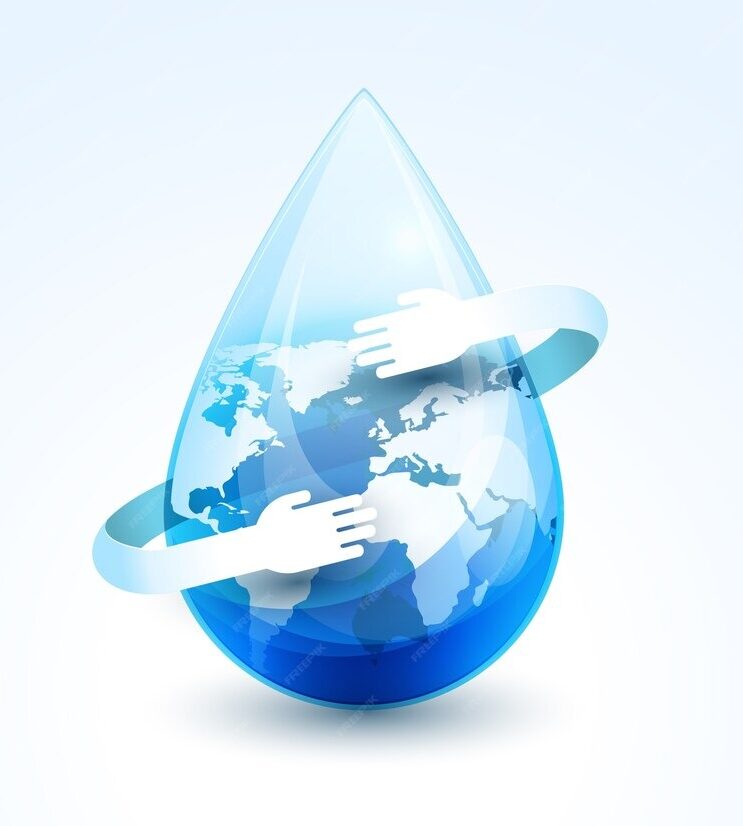
The fundamental relationship between water security and climate change is widely recognized, but this awareness has not been clearly reflected on global platforms. The narrative surrounding water at COP takes an unexpected turn when revisiting COP 2015 in Paris, revealing a gap between recognition and global action. Water events, seemingly overlooked, unfolded behind closed doors, where water sector experts engaged in confined discussion among themselves. The negligence created a critical gap in recognizing the significance of the water-climate nexus, resulting in missed opportunities that could have been realized during such an impactful occasion.
Turning the rearview mirror to COP26, a sight of hope appears with the water agenda receiving more attention than in preceding COPs. COP26 stands out as a significant milestone, highlighting the imperative for water resilience and recognizing its crucial role in achieving climate goals for both mitigation and adaptation. Whereas the key responsibility of advancing water and climate policies rested with the COP27 Presidency, Egypt. They allocated an entire day to a comprehensive discussion on water-related issues, organizing a Heads of State-level roundtable on water security.
Concurrently, they launched the Action for Water Adaptation and Resilience (AWARe) Initiative, aiming to catalyze inclusive cooperation in addressing water as a key to climate change adaptation and resilience. This initiative seeks to provide transitional adaptation solutions for the planet and people, starting with the world’s most vulnerable communities. It is noteworthy how the Egyptian Government significantly enhanced the visibility of water-related issues in COP and the subsequent periods. Hence, the discussions and initiatives have commenced a transformative phase in the ongoing journey of addressing these challenges.
Forward Momentum: COP28
This year, the United Arab Emirates (UAE) Presidency has prioritized water at the conference, emphasizing a commitment to address water-related challenges. As part of this commitment, the UAE has launched a partnership focused on water-resilient food systems. The aim is to assist countries and non-state actors in integrating water and food systems management, facilitating both adaptation and mitigation strategies in national climate plans leading up to COP30.
The UAE’s Cop28 presidency stated that they intend to “drive water up the climate agenda.” Also, they announced three priority areas for COP at the Stockholm World Water Week in Sweden held in August this year. The critical priority areas on water are:
They dedicated a day to food, agriculture, and water on 10th December. The UAE and Brazil will co-host a summit on food and water, with the Netherlands and Tajikistan serving as “water champions” to prepare for the summit. Senior ministers will be invited to participate in the summit, aiming to initiate a two-year work program that brings together issues related to food and water. Recognizing that about 70% of global freshwater use is for agriculture, the focus on water aligns with the UAE presidency’s broader emphasis on “lives and livelihoods.”
Moreover, COP28 has launched a platform named COP28 Water for Climate Pavilion that serves as a digital space to showcase innovative solutions and foster international collaboration on water-related issues during the COP. The Pavilion, supported by various governments, institutions, NGOs, and the private sector, brings together experts and policymakers to discuss and implement strategies for the responsible and equitable use of water as a crucial resource for climate action. Featuring over 60 partners, the Water Pavilion emphasizes science-based policies to accelerate climate action through water.
The COP28 Water for Climate Pavilion has also launched its official website, accessible at WaterForClimate.net. The website provides a schedule of events, keeping stakeholders updated on water-related activities, webinars, and conferences worldwide, and offers information about COP28 Water Pavilion sessions.
